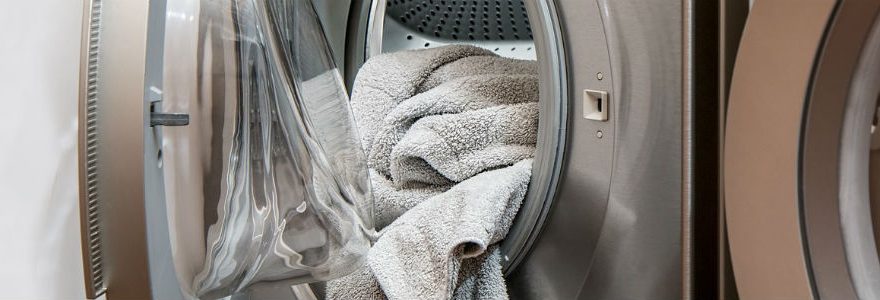
Choice is a good thing, but sometimes you can have too much of a good thing. Take washing machines for instance. There are so many options on the market that you could easily spend a full day in a white goods superstore just trying to make sense of the variables and pick the perfect make and model.
Narrowing the Field
One thing you can do long before you get to the shops is refresh your memory on the basic types of washing machines that are available and decide which best suits you. That way, you’ll just need to compare the features within a given group.
Top Loading Washing Machines
Some might consider a top load washing machine to be an unfashionable choice these days. One major disadvantage is that you can’t fit them under a worktop so if you intend to do your laundry in the kitchen and space is an issue they may not suit you.
Other down sides to top loaders include:
On the other hand
Top loaders have been enjoying something of a resurgence in recent years. Once you start researching this type of appliance you’ll discover all sorts of variants. You can buy a slimline top loading washing machine (integrated or freestanding), and there are high efficiency models on the market too, these give a similar performance to front load machines.
Front Loading Washing Machines
These are certainly the type of appliance you’ll see in most city kitchens. A front load washing machine will suit you if:
The disadvantages of front loaders include:
The Importance of Regular Servicing
Whatever sort of machine you choose, the importance of regular maintenance can’t be overstated. In the early years of the appliances life, regular servicing may be required to validate the guarantee, and once the guarantee period is past you’ll want to look after the appliance so that it give you the longest possible service.
Whether you’re looking for washing machine repairs north London, south of the river, or anywhere else in the country, it’s important that the work is done by a suitably qualified and experienced technician. Once you’ve found a service engineer you’re happy with hang onto their number and keep it somewhere you can find it quickly. That way you’re much more likely to get problems sorted as soon as they crop up, which is always cheaper in the long run than ignoring the issue and allowing the faults to cascade.



